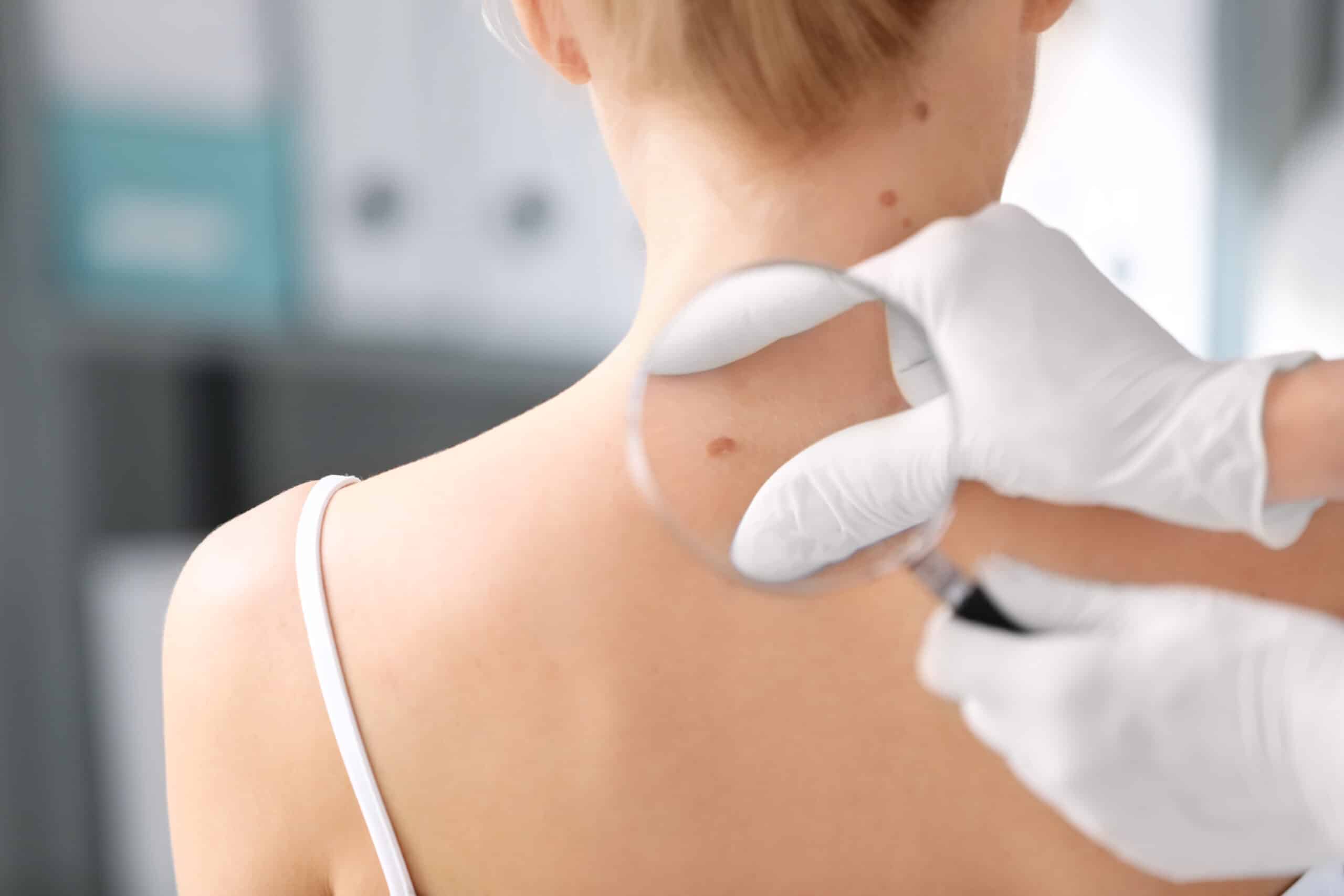By John Salak –
Skin cancer may not seem it, but it is serious business—increasingly prevalent, costly and potentially deadly. The toll on human lives is significant. Someone dies, in fact, almost every hour in the U.S. alone from melanoma, the deadliest form of skin cancer.
Basal cell and squamous cell carcinomas admittedly are more common and much less deadly than melanoma. Regardless, almost 10,000 Americans are diagnosed every day with one of these three cancers, which amounts to a whopping 3 million people annually. The American Academy of Dermatology Association goes further by estimating that about one million Americans are walking around with melanoma at any one time.
The good news is that all three types are easily treated, especially if detected early. The bad news is that while public awareness of skin cancer’s dangers has grown over the last decade, many people are still not as vigilant as needed.
There’s a challenge in battling melanoma. This cancer has the disquieting habit of cropping up where it is least expected. Since exposure to the sun’s ultraviolet rays is one of the prime causes of all skin cancer, many people incorrectly assume it will only surface in exposed areas, such as faces, scalps, backs and legs.
Unfortunately, certain types of cancer, like melanoma, are more related to genetics and family history than the sun and this results in it cropping up in hard-to-see areas.
“This can include the palms and soles. Even where the sun literally doesn’t shine in the groin or by the buttocks,” explained Dr. Adam Friedman, chair of dermatology at The George Washington University School of Medicine and Health Sciences.
Melanoma can even appear under the bed of a fingernail, which is what happened to music icon Bob Marley, resulting in his death, Friedman added.
Skin cancer isn’t just potentially deadly, it eats up approximately $15 billion annually in medical treatments. It is a cost that isn’t likely to decline anytime soon even if people increase their vigilance. The reason, according to the University of Washington, is that dermatologists over-diagnose melanoma.
This issue not only generates unnecessary treatment costs but also causes a lot of emotional strain.
“Overdiagnosis is the diagnosis of a disease that will not harm a person in their lifetime. If melanoma is being overdiagnosed, it means that too many people are getting the scary news that they have cancer, and receiving and paying for unnecessary treatment,” reported Kathleen Kerr, a professor at the University of Washington.
The reason behind this trend is that melanoma is simply difficult to identify by pathologists, especially in its early stages, Kerr noted. Beyond this, more people than ever think they may have melanoma, leading dermatologists to conduct more biopsies than ever.
Regardless, education and early detection remain essential components in the battle against all forms of skin cancer.
UV rays from the sun, tanning beds and sun lamps, acerbate all forms of skin cancer. Other factors that can increase an individual’s chances of contracting these cancers include previous occurrences, genetics, family skin cancer history, pale skin that burns easily, having a large number of moles or freckles and having compromised immune systems.
A report from NationalWorld.com also cited the need to be proactive to keep skin cancer at bay. This could include limiting direct exposure to UV rays; relying on hats and clothing with built-in ultraviolet protection; applying sunscreens; identifying strange-looking skin blemishes; and visiting dermatologists for annual check-ups.
Research now also offers the promise of a new and enhanced approach to early detection. Advanced NanoBiomed reported recently that a simple blood test may eliminate the need for invasive biopsies in detecting melanoma.
“But the most important thing is catching it early,” Friedman emphasized. “Early detection saves lives.”










